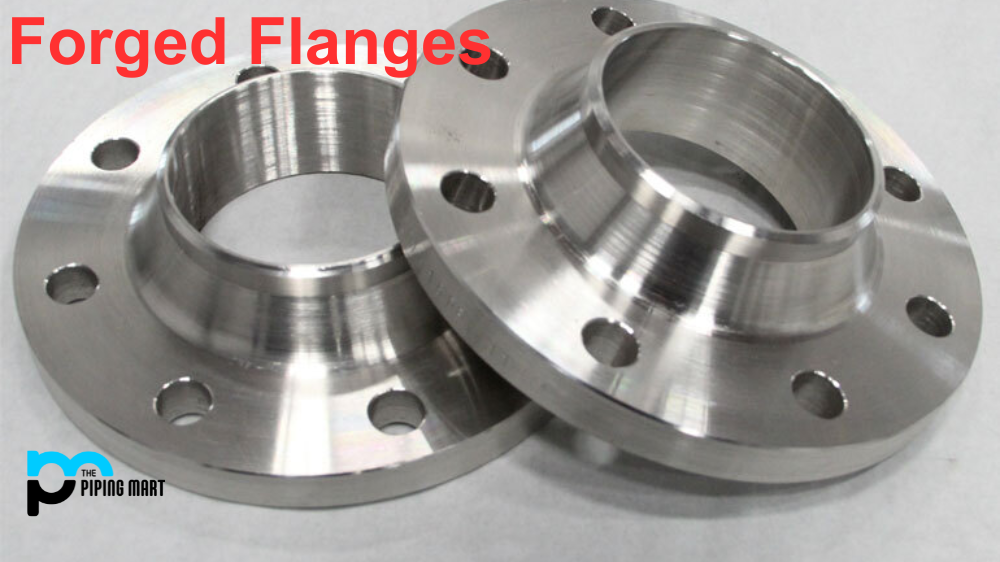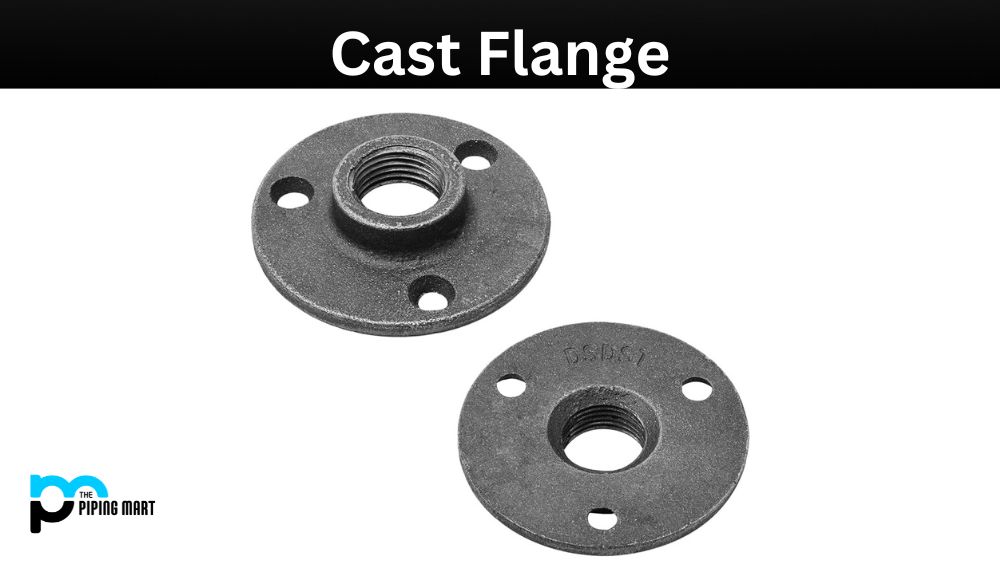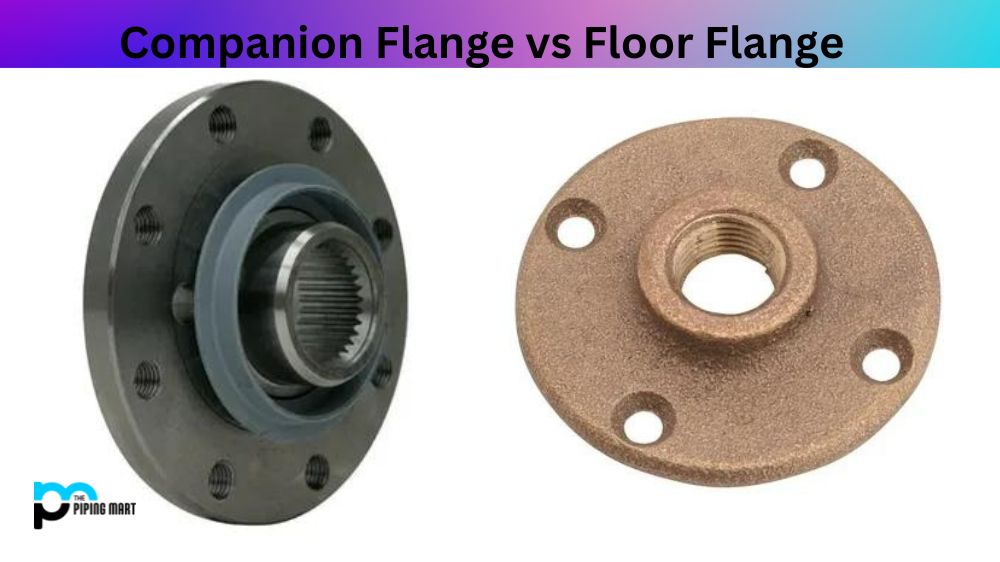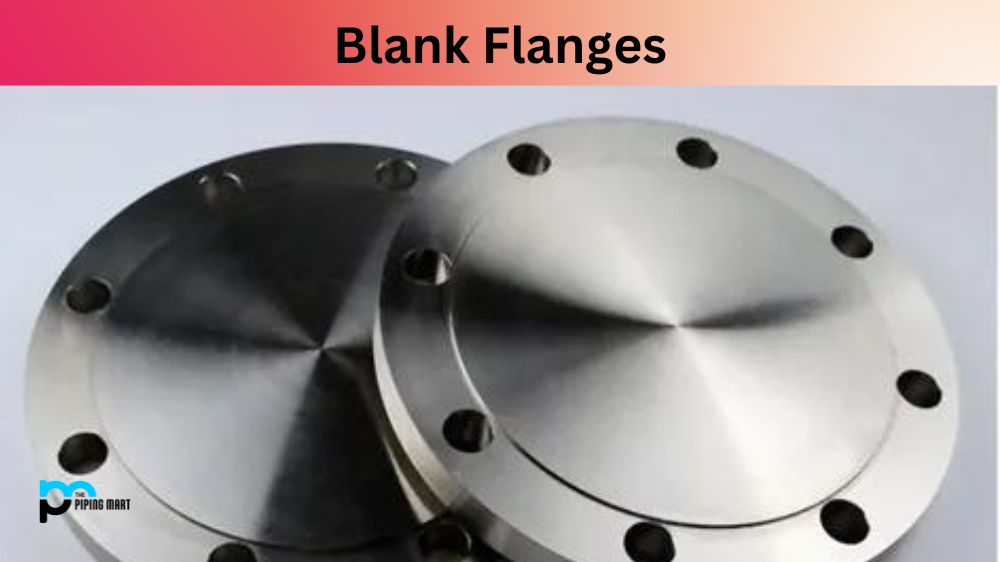Every piping system needs a secure connection to ensure that fluids flow through them without any leakage or spillage. Flanges provide the perfect sealing solution for these piping systems, which come in different types to suit their specific applications. One such type is the forged flanges. These flanges are manufactured through a unique process that requires specific skills and technology. In this blog post, we will delve into the manufacturing process of forged flanges and their advantages. We will also consider how they compare with other types of flanges on the market.
What are Forged Flanges?
Forged flanges are metal discs connected to pipes, valves, or pumps using bolts to create a tight seal. They provide the ability to disassemble and reassemble the piping system without damaging it, making maintenance and replacements more manageable. Forged flanges are produced through forging, which involves shaping metal under intense pressure. Steel and aluminum are the most common metals used in forging. The forging process forms a solid, dense, and strong structure that significantly improves their mechanical properties.
Forged flanges are an essential component in the construction of various piping systems. They connect pipes, valves, and other equipment, ensuring a secure and leak-proof connection. But what exactly sets forged flanges apart from other types? And why should you choose them for your next project?
Firstly, it’s important to understand that forged flanges shape a solid piece of metal into the desired shape through heat and pressure. This process produces much stronger and more durable than cast or machined flanges.
Forged flanges have been tested to withstand extreme pressure and temperature conditions without any signs of weakening or cracking. This makes them ideal for high-pressure applications such as oil refineries, chemical plants, and power generation facilities.
Manufacturing Process of Forged Flanges.
The manufacturing process of forged flanges begins with the procurement of raw materials. The raw materials, typically steel or aluminum bars, are heated until they are malleable. The heated metal is then placed between two forged dies, and forge hydraulic presses apply high pressure to force the metal into the shape of the die. This process results in a dense, homogenous structure that significantly improves mechanical properties. The flange is then finished with a series of machining processes to ensure a smooth, clean surface finish.
Advantages of Forged Flanges.
Forged flanges offer numerous advantages over other types of flanges. First on the list is their exceptional strength and resistance to pressure, making them more applicable in high-pressure applications. The forging process ensures that the flanges are denser, tougher, and more stable. This makes them more resistant to stress, corrosion, and other environmental factors that could affect the piping system’s functionality.
Forged flanges also offer excellent leak-tightness, which is vital in piping applications. Their strong, tight connections ensure fluids don’t leak through the joints, reducing loss and increasing safety in operations. The flanges also support easy installation, repair, and replacement, which enhances convenience and reduces maintenance costs.
Moreover, they are more durable and have a longer lifespan than other flanges. Their high-quality materials and production process make them exceptionally resilient to wear and tear, thereby extending their functional life span. Lastly, they are more cost-effective than cast flanges, especially for applications in high-pressure systems.
Conclusion:
In summary, forged flanges are essential in piping systems and offer significant advantages over other flange types. Their superior strength, leak-tightness, durability, and cost-effectiveness make them more applicable in high-pressure and critical applications. Their manufacturing process is quite demanding, requiring experienced personnel and suitable equipment. If you need flanges for your piping system, consider forged flanges for their superior performance and efficiency.
Sakshee is a talented blogger, with a particular focus on the Business and Metal Industry. She is passionate about sharing her insights on various metal products and helping professionals to make a better decisions.




